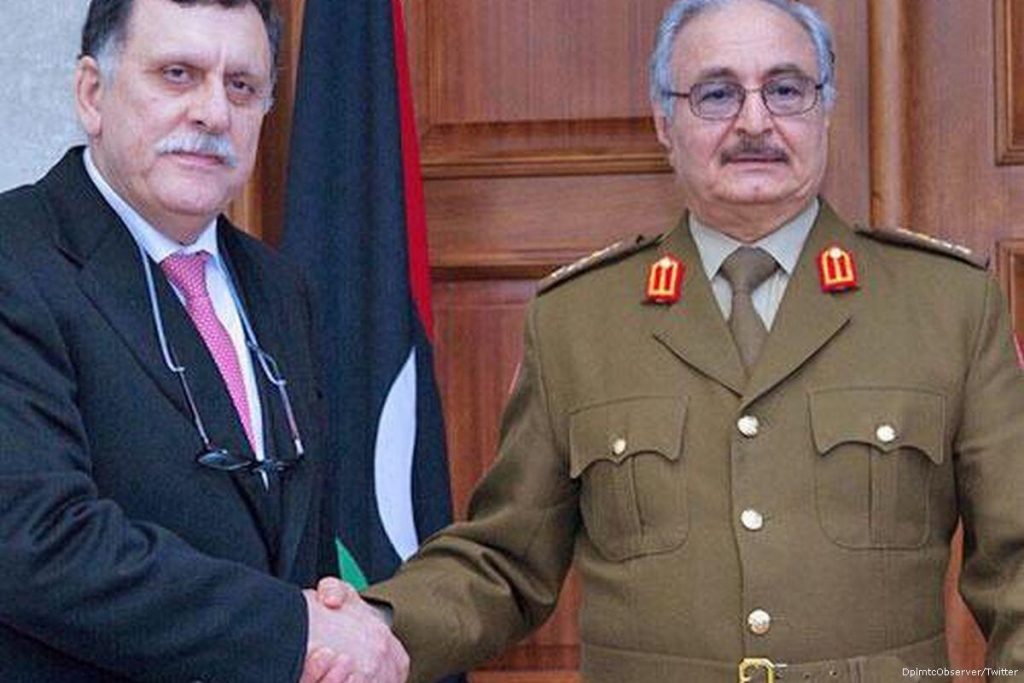
The tragedy of Libya is that the majority of armed men do not lack for weaponry and ammunition but are largely deficient in training and tactics, like reported by saudigazette.com.sa.
Thus major urban battles turn into hugely destructive slugfests. The Libyan National Army (LNA) took two years to overwhelm the Muslim Brotherhood-backed terrorists who had seized large parts of Benghazi. The fight for the terrorists’ final stronghold around the port left the area in ruins. Largely lacking the discipline and proper command and control of well-trained soldiers, the LNA could only use artillery and bombing to blast away the last of the defenders.
The same was true when largely Misratan forces acting nominally on behalf of the Tripoli-based Government of National Accord (GNA), the internationally-installed government led by Fayez Al-Serraj, assaulted the terrorists who had seized the coastal city of Sirte. When the last fighters had been overwhelmed, after their leaders somehow slipped though Misratan lines to reform in the desert, large areas of Sirte resembled the ruins of Stalingrad and Berlin.
Now in the capital Tripoli, a third urban battle is underway. When LNA commander Khalifa Hafter launched his forces against the city, he had reasonable grounds to assume that many of the inhabitants would welcome his troops, since they would bring an end to the chaos that the criminal gangs, many allied to the religious extremists that had endured since the 2014 Muslim Brotherhood coup drove out the elected parliament and the government it had appointed.
Tragically the militias who had divided the capital between themselves came together to defend their criminal fiefdoms and crushed any popular demonstrations on behalf of the LNA . This has presented Hafter with the ugly option of a new bout of vicious street fighting in which the reduction of the enemy must be largely achieved by blasting them out of a long succession of bastions. Because he has not been prepared to use such a tactic on a wide scale, with the likely high civilian casualties, the battle for the capital is currently a stalemate.
This week, the Serraj-led government, which since it was installed by the international community three years ago has had to rely entirely on the protection of Tripoli’s armed gangs, has proposed a peace initiative. Very probably on the advice of the Washington PR consultants Serraj hired earlier this year, he is seeking to seize the international political high ground by proposing a peace forum. This very much resembles a UN initiative that was abandoned when the LNA advanced on Tripoli in April. Both propose a Libyan-led consultation that would lead to elections.
However, Serraj and his MB-linked deputy Ahmed Maetig have insisted that there can be no role for Khalifa Hafter. With such a condition, it seems certain that this peace-initiative is no such thing. Hafter represents a direct threat to the jihadist militias that have held the GNA hostage from the outset. The international community’s support for Serraj has provided a political umbrella for these ruthless thugs. This has therefore served to prolong the agony and bloodshed of ordinary Libyans who long only for peace. Regardless of the personal qualities of Hafter, an LNA victory would end the chaos by crushing the jihadist gangs and creating the opportunity for a perhaps albeit slow return to stability.


